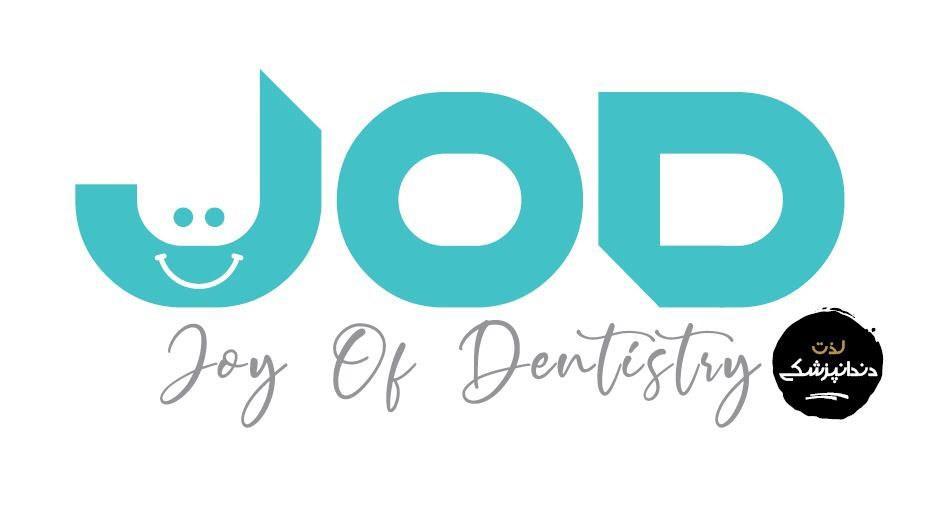Introduction
Beauty and being beautiful is something that everyone is always looking for, by creating the first fine lines around the eyes, forehead and lips, we thought of a solution and we fix them with all kinds of creams and lotions. Today, with the advancement of science and technology, there are a variety of treatment methods to solve this problem. From facial massage and yoga face and creams to laser and gel injection, Botox and fillers
To perform facial injections, it is very important to know the anatomy of the face and its muscles. In this field, the group of dentists are very expert; They are not only aware of facial muscles, but also of the exact location and path of blood vessels and nerves.
How Botox works:
In order to move a muscle, the brain must send a signal to the corresponding nerve, and after that, the nerve releases a neurotransmitter called acetylcholine. Acetylcholine acts as a messenger and transmits the brain signal to the muscle. When acetylcholine binds to muscle cell receptors, it causes muscle contraction.
Botox prevents the release of acetylcholine from the nerve endings, and as a result, the muscle does not receive the contraction signal, and by blocking acetylcholine, the muscle remains relaxed, and this relaxation leads to a reduction in wrinkles and fine lines.
The most common uses of Botox:
Removing facial wrinkles (rejuvenation)
Fixing the problems of temporomandibular joint and contraction of facial muscles
Eliminate hyperhidrosis and sweating palms and feet
Migraine treatment
Uses in rejuvenation:
Horizontal forehead lines
Glabellar lines
Crow’s feet
Bunny lines
Marionette line
Dimpled chins
Platysmal bsnds
One of the most important and well-known uses of Botox is to rejuvenate and reduce facial wrinkles.
Another use of Botox, which is in the scope of dentists, includes the following:
Correcting Gummy Smile and creating a more ideal smile
Correction of asymmetric smile
Treatment of trismus and limitation in jaw opening
Treatment of Hemifacial Spasm
Temporomandibular joint displacement treatment, where botox injection is performed inside the lateral trigoid muscle
In people who have teeth grinding and bruxism and unconsciously clench their teeth due to stress, botox injection is very responsive and prevents further damage to the teeth and temporomandibular joint.
It is also very useful for the treatment of sialorrhea, which is the excessive secretion of saliva or the inability to keep saliva in the mouth. By injecting Botox into the salivary glands, it reduces the secretion of saliva.
Sometimes, after orthodontic treatment, it is necessary to inject Botox into the chin muscle to prevent the return of orthodontic treatment.
It has many uses for the treatment of severe stabbing pain in trigeminal neuralgia.
Treatment of migraine and headache and migraine attacks:
For people who have a headache for 15 days or more in a month and its duration is about 4 hours and it is a throbbing pain, by injecting Botox every three months, it is possible to reduce the release of neurotransmitters and inflammatory stimulating proteins in the frontal muscles. , the back of the head, neck, shoulders and temples.
Botox is injected into certain areas around the head and neck with different concentrations and targets the nerves and muscles involved in migraine headaches.
Hyperhidrosis:
Excessive sweating is in the armpits, palms and soles of the feet. Botox affects the sweat glands in the dermis layer of the skin and inhibits the transfer of acetylcholine and prevents sweating. This injection is done with different injection concentration and angle.

